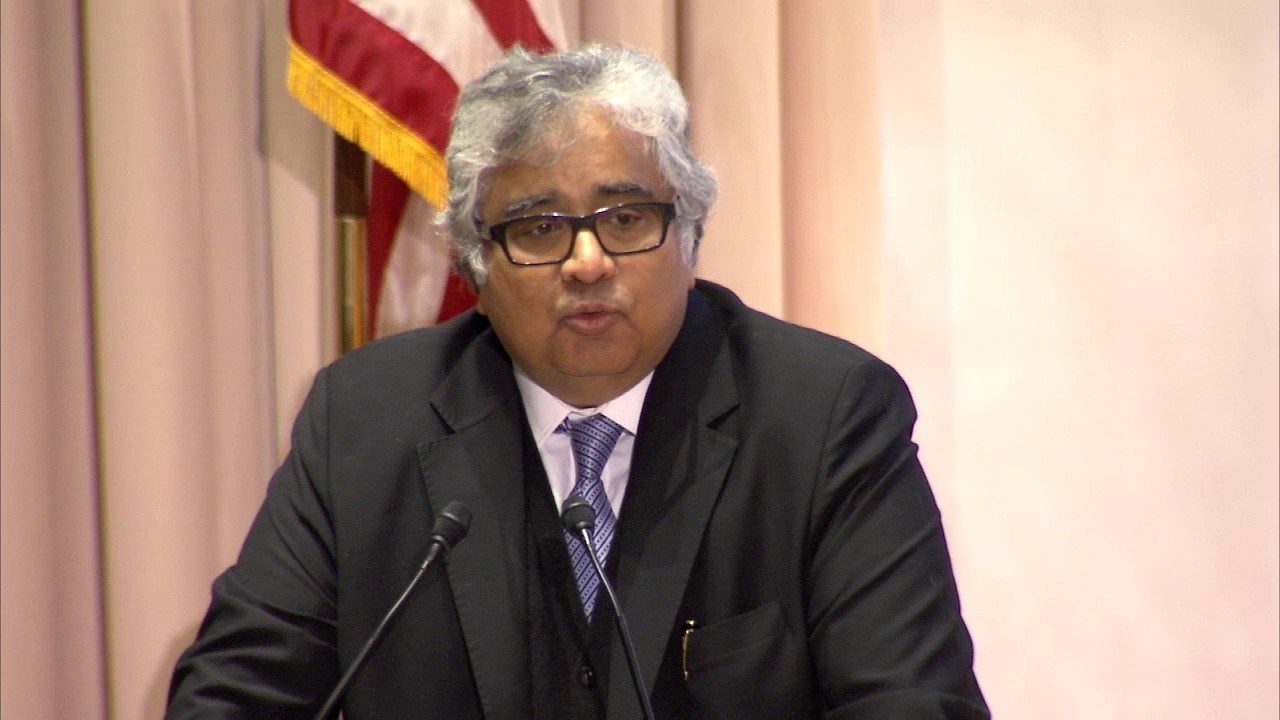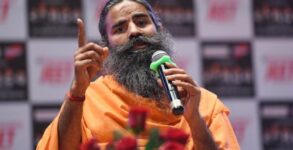Prominent Supreme Court lawyer Harish Salve has blamed India’s top court for the country’s current economic slowdown. During an interview to The Leaflet, Salve said the decline of the economy started with the Supreme Court’s judgement in the 2012 2G spectrum case.
“.. I squarely blame the Supreme Court. I can understand holding people responsible for the wrong distribution of licenses in 2G… Blanket cancellation of licenses where foreigners are investing… see when a foreigner invested it was your rule which said he must have an Indian partner. The foreigner did not know how the Indian partner got a license,” the advocate said.
“Foreigners invested billions of dollars, and with one stroke of the pen, the Supreme Court knocked all of them out. That’s when the decline of the economy began,” he further added.
Regarding his view on demonetisation’s impact and if it was necessary, Salve said, “See, demonetization, by itself was not a bad measure. Its implementation left a huge amount to be desired, but that’s India’s problem. Even the best measures fail because of bad implementation. Let me tell you from where I look at it.”
“It has had two impacts – in the short term it has seriously hit your GDP. We had a very interesting discussion at Oxford University once where they said, why has the global meltdown of 2008 not affected India so badly? They said 30-40 percent of the Indian informal economy is not in the books. You know, your plumber who fixes your tap, the fruit vendor, vegetable vendor who comes to your house and sells vegetables, they are below the radar. They all sell in cash; they all work in cash. There was no transition facility made for them. It is fantastic to transition them into the digital economy.”
Who is Harish Salve, top lawyer who charged Re 1 for Kulbhushan Jadhav case
“Whether demonetization, the way it was implemented, was the only way? I don’t know enough to say that it was. In the short term it has definitely impacted your economy. The good which has come out of it is that a large number of bogus companies have been exposed and there is a lot of cleanup going on, so some good has come out of it. But yes, in the short term, it did affect your informal economy. I am not holding any brief for those who had sack-fulls of cash in their house and therefore burnt the cash.”
In the interview, Salve said that the apex court has been “inconsistent in dealing with commercial case”, causing “grave concern in the minds of investors”.
Referring to the Court’s 2014 judgment on coal mines, he said, “You cancelled coal mines by one stroke of the pen, without examining the merits of every case. Much genuine foreign investment in the coal industry went flat. Then what happened? Indonesian coal and other world coal prices softened up. It became cheaper to import. Correct? A few million people are without jobs in India. Indian coal mines are lying closed, and we are importing coal. That is putting pressure on the economy…”.
In 2014, the Supreme Court pulled up the Centre on coal block allocations declaring more than 218 allocations made from 1993 to 2011 illegal.
A Bench of Chief Justice RM Lodha, Justices Madan Lokur and Kurian Joseph said the entire allocation of coal blocks as recommended by the Screening Committee from 1993, and the allocation made through government’s dispensation route suffered from legal flaws.

















